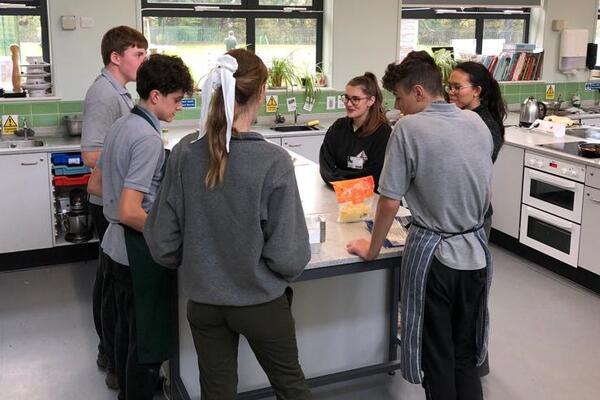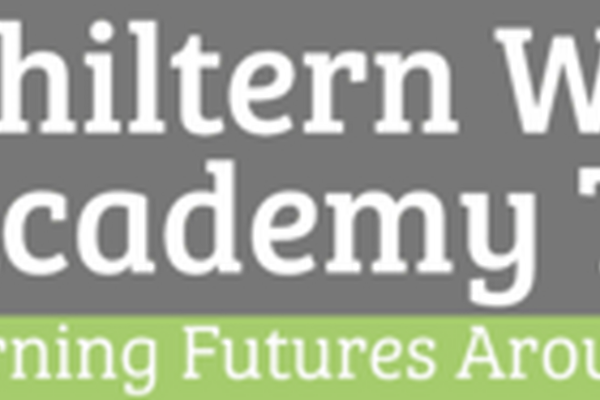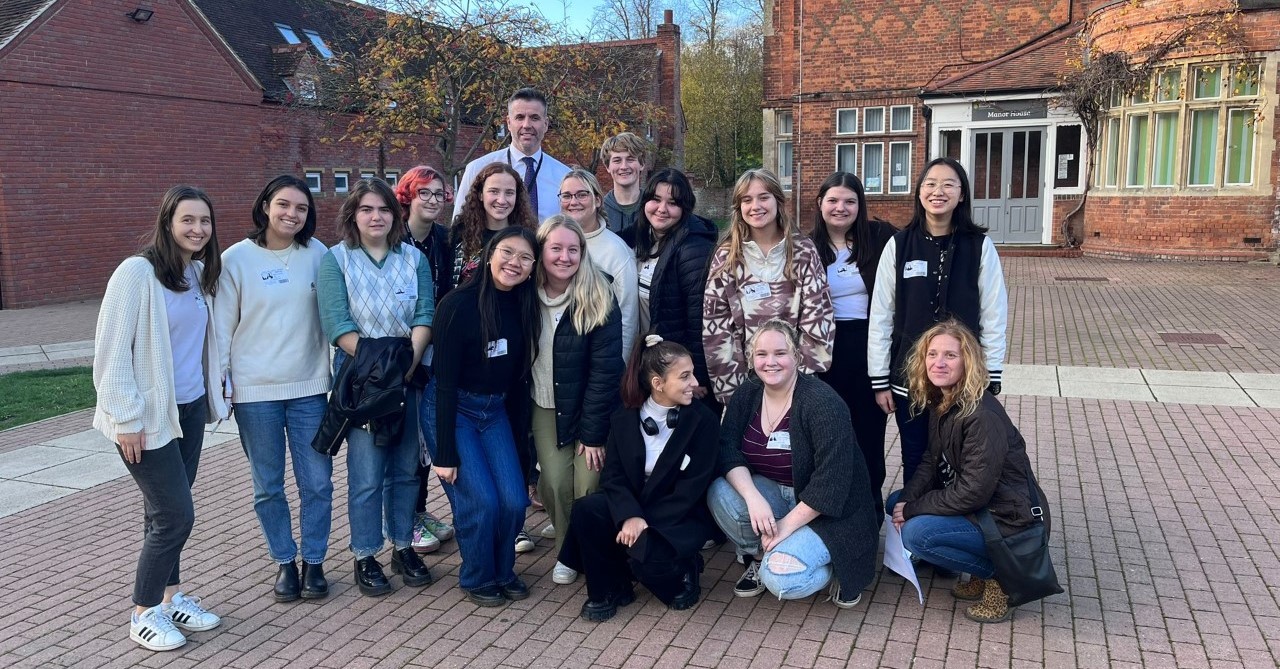
Beginning with the end in mind is more than a philosophy for educators at the Chiltern Way Academy Trust, a network of one primary and three secondary school campuses located just outside London, England. Equipping students with special needs to get a job is at the heart of the school’s mission to ensure their graduates go on to thrive in work and life.
Operating in its current format since 2016, the academy serves about 280 students and is staffed by 74 educators and 104 support staff. An ever-growing portion of the teaching team hails from Canada, thanks to a unique partnership between Chiltern and the Queen’s University Faculty of Education.
Since 2017, dozens of teacher candidates have completed alternative practicums at the academy. Every spring, the selected teacher candidates travel to the UK to spend three weeks at the academy, receiving a crash-course in supporting students with a wide range of special needs.
Employability matters
The focus on getting students ready for the workforce is intended to address a significant barrier many youth with exceptionalities face. According to a recent report by the British Office for National Statistics, as many as 80 percent of people diagnosed with autism in the UK are unemployed.
“The majority of young people with an SEND (special educational needs and disabilities) diagnosis of either ASD (autism spectrum disorder) or SEMH (social, emotional, and mental health) ultimately don't secure employment and some end up in much darker places than simply not having a job,” explains Ian McCaul, Chief Executive Officer of Chiltern Way Academy Trust. “Given that many of these young people come with very complex histories, we determined that the solution might be simple: create a curriculum designed to secure employment for our young people.”
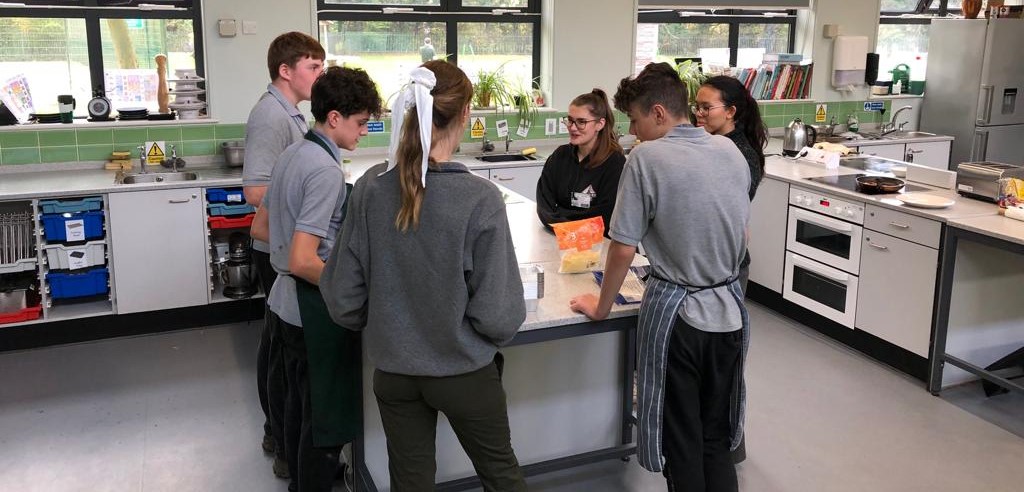
Beginning in primary school up until graduation at the age of 19, the curriculum centers on job-oriented subjects, training, and coaching, creating opportunities for students to gain meaningful work experience. In some cases, this includes supported internships, which Ian describes as work experience with a knowledgeable and willing employer who is committed to accommodating young workers with special needs.
“Part of our job is to educate employers and advocate for our young people. We believe that when these young people can secure employment, a lot of the issues they have can be softened, because with employment comes self-esteem, homes, finances, independence, and relationship building because they have to get on with their work colleagues, etcetera,” Ian explains. “There's a lot employment gives human beings, including a purpose; when you've got purposeful work, you've got a reason to get up in the morning.”
The majority of students, ages 16 and up, who stay with the academy for at least a year are still in employment, education, or vocational training of some kind a year after graduation, suggesting a strong correlation between their education at the academy and subsequent success. Currently, the academy is working with University College London on a study to measure the longer-term impact of Chiltern’s curriculum on alumni employment outcomes.
Partnering for success
The vast majority of Queen’s teacher candidates who complete the three-week practicum go on to receive job offers from the academy and many stay for at least two years. Currently, there are 14 Canadian teachers working across the academy’s four campuses.
Ian describes the selection process as quite rigorous to identify teacher candidates who are resilient, courageous, agile, and determined to advocate for Chiltern’s students. He says he is consistently impressed by the “pioneering, adventurous spirit” and the outstanding quality of Queen’s teacher candidates.
“They arrived here fresh from Canada to one of the most challenging educational environments in the UK. It takes time, as any teacher does, but they succeed,” says Ian. “They hang in there and that is a wonder. Their resilience levels are off the scale.”
The latest report by Ofsted, a government entity responsible for school oversight and inspections, gave Chiltern the top-marks designation of ‘outstanding’ - a rare achievement amongst schools in the UK, with much credit given to the Canadian teachers for their contributions to the school’s success.
Learning while teaching
Alexandra (Allie) Minuk, MEd’21, BEd’17, PhD student at Queen’s Faculty of Education, was one of the academy’s first hires from Queen’s concurrent education cohort. After two years of working at Chiltern, she has returned to Queen’s to pursue her doctorate (focused on special education) and currently teaches at the Faculty of Education. She also facilitates the recruitment and placement of current Queen’s teacher candidates for Chiltern.
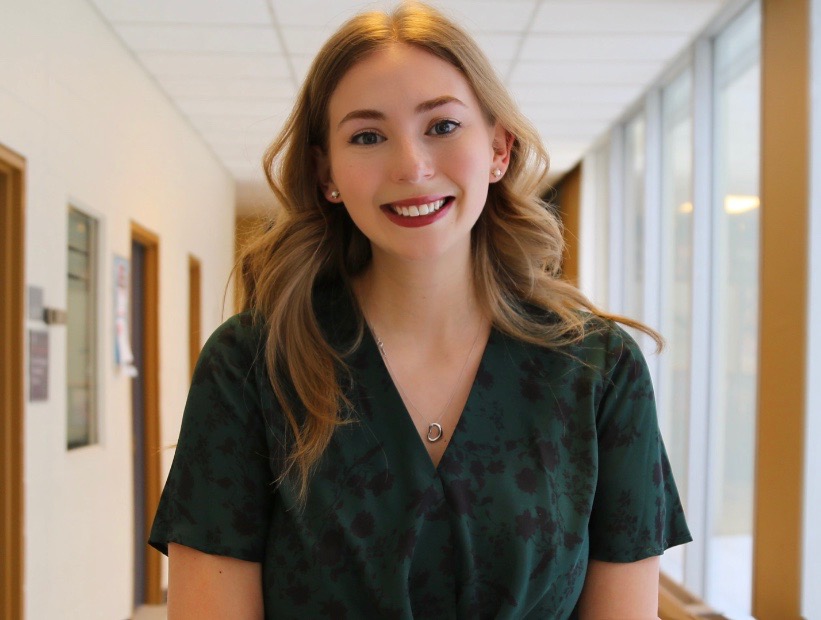
Reflecting on her time working at the academy, Allie says the experience challenged her in new ways and was intellectually stimulating. It also came with a steep learning curve.
“My students had both autism and behavioural diagnoses and, because of that, a lot of their needs were really distinct,” explains Allie. “I found that really challenging. I lacked practical experience at that point, but I had a lot of support from the teachers around me. I would not have lasted a day unless I had the support of those around me. I benefited a lot from their experience.”
Allie credits her time at the academy for building her capacity to communicate with students, including learning how to listen better and read non-verbal communication cues. It has also grown her patience and compassion in authentic ways, helping her see the whole child rather than just their behaviours.
“I’ve realized that education is much more than the academic curriculum - students build relationships and develop values,” she says. “For us to be a part of that environment, I think it's a privilege; we can make a real difference just by being a positive presence.”
One of her most memorable experiences at Chiltern happened after a class camping trip. Allie remembers one student with autism who had never been away from his family overnight. She recalls his family was worried but ultimately agreed to let their son participate. The overnight adventure included navigating a ropes course and toasting marshmallows.
The next day when his parents came to pick him up, the student wasn’t feeling well as he was a bit dehydrated.
“I saw his dad getting out of the car and I thought maybe he was about to give me a hard time because his son wasn't feeling great. Instead he hugged me and was tearful, saying he never thought his son would be able to go for a sleepover. His son had never been to a birthday party, and didn’t think camping would be possible for him,“ Allie recalls. “To be able to change the way that even parents know their child, to be able to give them a different perspective on what might be possible is amazing.”
Helping students develop skills leading to an independent life speaks to the positive impact educators at Chiltern are working toward. In the upcoming months, Ian says there are plans to expand to additional sites in locations north and west of London - an opportunity to continue growing the partnership between Queen’s and the academy, in addition to potential upcoming research with the Faculty’s Autism and Developmental Disabilities (ADD*Ed) Research Group, helmed by Jordan Shurr.
Relevant links
Student Experience: First Year of ConEd at Castle!
Find out about a first-year concurrent student's experience at Bader College - including her time visiting Chiltern Academy.
